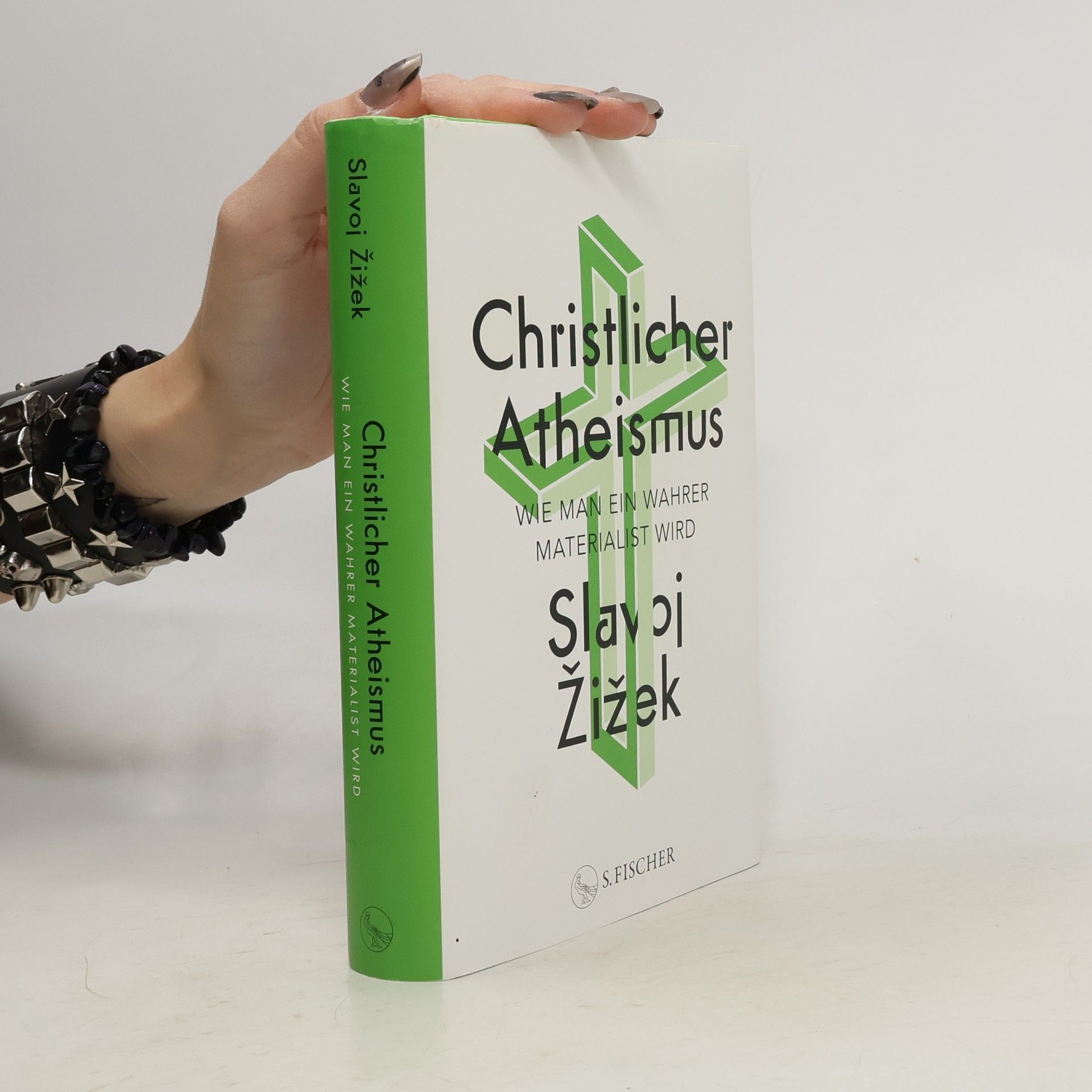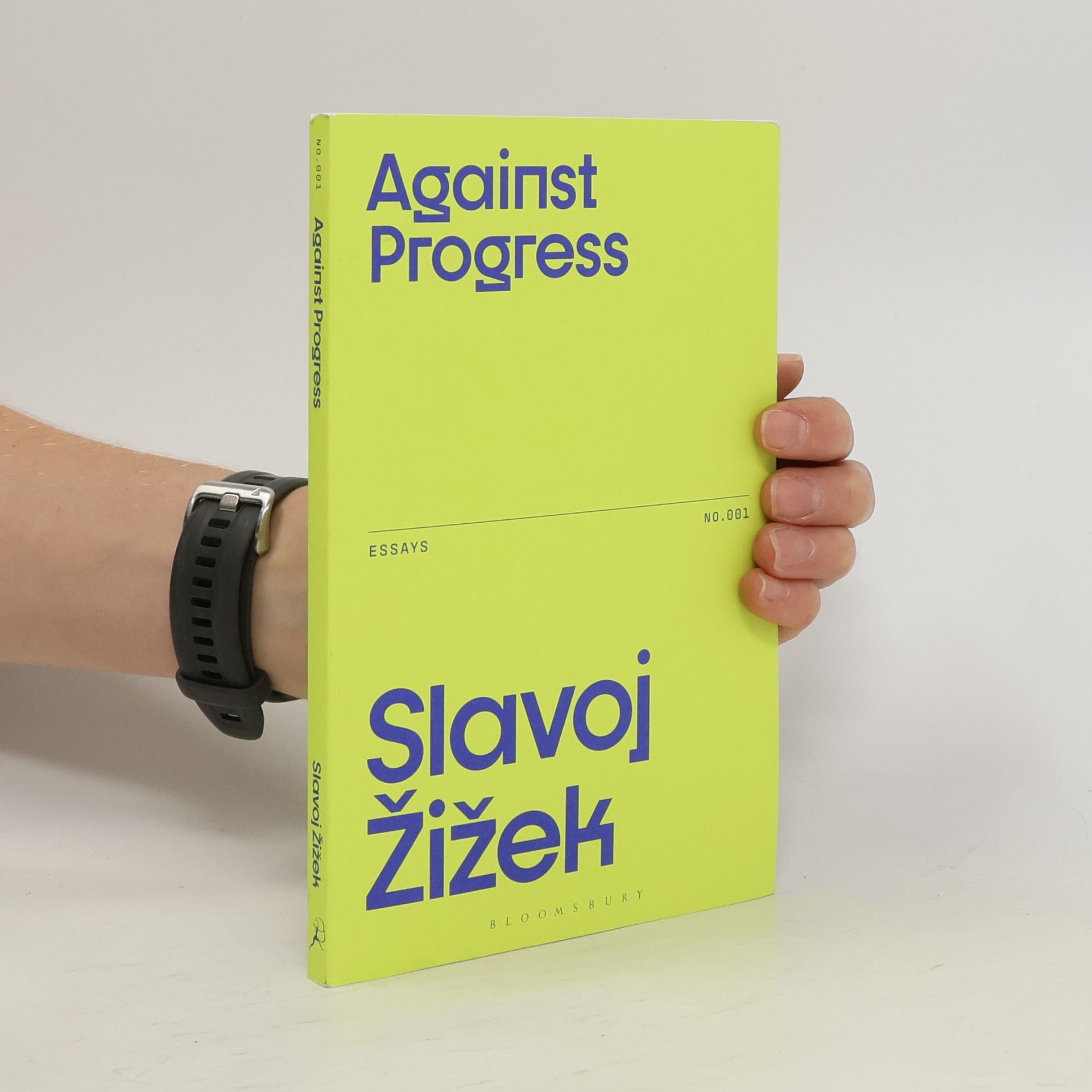Für alle, die das Christentum noch nicht abgeschrieben haben Häufig schon hat der Philosoph Slavoj Žižek die christliche Theologie kommentiert und kritisiert, aber bislang eher verstreut über sein ganzes Werk. Jetzt legt er die erste buchfüllende Darstellung seines theologischen Projekts vor. Unter Rückgriff auf so unterschiedliche Traditionen und Themen wie buddhistisches Denken, dialektischer Materialismus, politische Subjektivität, Quantenphysik, künstliche Intelligenz artikuliert dieses Buch Žižeks Vorstellung von einem religiösen Leben. Er fragt u.a., ob Gott an sich selbst glaubt, ob man Gott täuschen kann, er versteht den Heiligen Geist als Modell einer emanzipatorischen Gemeinschaft und untersucht den Buddhismus im Unterschied zum Christentum. Doch Žižek wäre nicht Žižek, wenn er dabei nicht auf seine Lieblingsthemen zu sprechen käme: Cancel Culture, Geschlechtsidentitäten, Chatbots, Perversionen, Klassenkampf, Law and Order. Oder in seinen eigenen Worten: »Um ein wahrer dialektischer Materialist zu werden, muss man durch die christliche Erfahrung hindurchgehen.« »Ein klassischer Žižek«, wie die Zeitschrift Jacobin geschrieben hat.
Slavoj Žižek Book order (chronological)
Slavoj Žižek is a Slovene philosopher and cultural critic, renowned for his distinctive approach that applies the works of Jacques Lacan to popular culture. His extensive body of work delves into a wide array of subjects, spanning politics, ideology, subjectivity, and psychoanalysis. Žižek's essays and books frequently intertwine theoretical concepts with analyses of contemporary social phenomena and media. His unique style and provocative insights establish him as a significant contemporary thinker.







In this first book in the new series Žižek's Essays, Slavoj Žižek asks readers to disrupt fake notions of progress in order to fight for something authentically better.
Slavoj Žižek diagnostiziert eine Orientierungslosigkeit in der heutigen Welt und kritisiert das Fehlen expliziter Ideologien. In provokanten Essays behandelt er gesellschaftliche und politische Fragen, insbesondere Russlands Krieg gegen die Ukraine, sowie die USA, Israel, Indien und China. Seine Filmanalysen bieten cineastischen Lesern zusätzliches Interesse.
In a characteristically explosive barrage, Ljubljana’s most famous philosopher takes a passionate stance on the war in Ukraine, surveys the latest Hollywood blockbusters, and delivers detonations into a range of contemporary issues, from sexual politics in India to the prospects for a new Cold War. Ever attentive to moments where the bizarre and the epic join forces, among the questions Žižek considers here Is the giant orgy, planned to take place in Ukraine in the event of a Russian nuclear attack, really all that morbid? And what should society do, whether on the big screen or the battlefield, in preparation for the end of the world? Agree with him or not, Žižek rarely fails to provoke in a productive fashion. By examining matters through a lens that is bold and original, and often joyfully outlandish, Žižek helps us to better grasp a world in which, increasingly, the dominant motif is one of madness.
If we want to be true atheists, do we have to begin with a religious edifice and undermine it from within? Slavoj Žižek has long been a commentator on, and critic of, Christian theology. His preoccupation with Badiou's concept of 'the event' alongside the Pauline thought of the New Testament has led to a decidedly theological turn in his thinking. Drawing on traditions and subjects as broad as Buddhist thought, dialectical materialism, political subjectivity, quantum physics, AI and chatbots, this book articulates Žižek's idea of a religious life for the first time. Christian Atheism is a unique insight into Žižek's theological project and the first book-length exploration of his religious thinking. In his own words, "to become a true dialectical materialist, one should go through the Christian experience." Crucial to his whole conception of 'experience' is not some kind of spiritual revelation but rather the logic of materialistic thought. This affirmation of Christian theology whilst simultaneously deconstructing it is a familiar Žižekian move, but one that holds deep-seated political, philosophical and, in the end, personal import for him. Here is Žižek's most extensive treatment of theology and religion to date.
Das lächerlich Erhabene
Präontologische Universen bei David Lynch
Wie kaum ein anderes Werk seiner Zeit veranschaulichen die wohl berühmtesten Filme David Lynchs, Lost Highway (1997) und Mulholland Drive (2001), wie die Geist-Welt Beziehung durch einen sexuellen Exzess immer wieder in Unordnung gebracht wird. Dieser markiert die unsterbliche Dimension einer teils biologischen, teils symbolischen Kraft, die auch in Žižeks Werk thematisiert und dort philosophisch ergründet wird. Der vorliegende Band präsentiert in diesem Zusammenhang erstmals Žižeks viel zitierten Essay über den Kultregisseur sowie zwei Artikel von Dominik Finkelde. In ihnen werden die inhärenten Bezüge zwischen den Subjekttheorien von Lynch und Žižek näher analysiert.
"We are all afraid that new dangers pose a threat to our hard-won freedoms, so what deserves attention is precisely the notion of freedom." The concept of freedom is deceptively simple - we think we understand it, but the moment we try and define it we encounter contradictions. In this new philosophical exploration, Slavoj Zizek argues that the experience of true, radical freedom is transient and fragile. Countering the idea of libertarian individualism, Zizek draws on philosophers including Kierkegaard, Heidegger, and Timothy Morton, as well as the work of Kandinsky, Agatha Christie and Alexandria Ocasio-Cortez to examine the many facets of freedom and what we can learn from each of them. Tracing its connection to a variety of issues, including environmental breakdown, capitalism, and war, he shows through this entertaining and illuminating journey how a deeper understanding of freedom can offer hope in dark times.
The most provocative philosopher of our times returns with a rousing and counterintuitive analysis of our global predicament We hear all the time that it's five minutes to global doomsday, so now is our last chance to avert disaster. But what if the only way to prevent a catastrophe is to assume that it has already happened - that we're already five minutes past zero hour? Why do we seem unable to avert our course to self-destruction? Too Late to Awaken sees Slavoj Žižek deliver his most forceful, hopeful account of our discontents yet. Surveying the interlocking crises we currently face - global warming, war, famine, disease - he points us towards the radical, emancipatory politics that we need in order to halt our drift towards disaster. Pithy, urgent and witty, Žižek's diagnosis reveals our current geopolitical nightmare in a startling new light, and shows why, in order to change our future, we must reimagine our past.
Die Analyse von Zizek beleuchtet die Paradoxien des modernen Lebens, das von einem ständigen Streben nach mehr geprägt ist. Er verbindet Lacans Theorie des Überschusses mit Marx' Konzept des Mehrwerts und Freuds Lustgewinn, um die Herausforderungen der heutigen politischen Situation zu verstehen. Anhand von Beispielen aus Hollywood-Filmen wie "Joker", der Corona-Pandemie und der Cancel Culture zeigt Zizek auf, dass das Streben nach mehr Lust oft leer bleibt und dass ein Umdenken nötig ist, um einen Ausweg aus der gegenwärtigen Krise zu finden.
Surplus-Enjoyment
- 400 pages
- 14 hours of reading
Contemporary life is defined by excess. There must always be more, there is never enough. We need a surplus to what we need to be able to truly enjoy what we have. Slavoj Žižek's guide to surplus (and why it's enjoyable) begins by arguing that what is surplus to our needs is by its very nature unsubstantial and unnecessary. But, perversely, without this surplus, we wouldn't be able to enjoy, what is substantial and necessary. Indeed, without the surplus we wouldn't be able to identify what was the perfect amount.Is there any escape from the vicious cycle of surplus enjoyment or are we forever doomed to simply want more? Engaging with everything from The Joker film to pop songs and Thomas Aquinas to the history of pandemics, Žižek argues that recognising the society of enjoyment we live in for what it is can provide an explanation for the political impasses in which we find ourselves today. And if we begin, even a little bit, to recognise that the nuggets of 'enjoyment' we find in excess are as flimsy and futile, might we find a way out?




